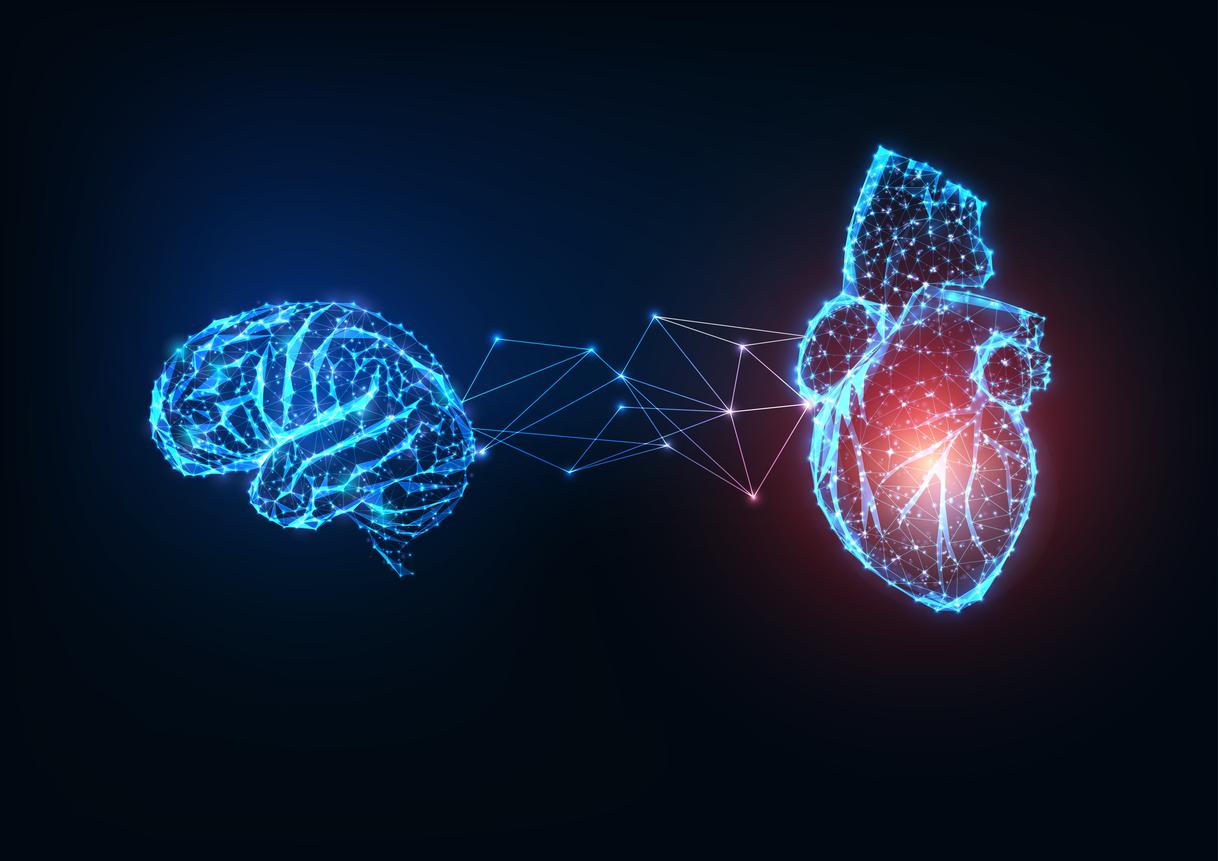According to a new Japanese study, our memory would depend on our biological clock, which would explain why it is more or less good depending on the time of day.

“We may have identified the first gene specific to memory retrieval in mice.” In one press release published on December 18, researchers from the University of Tokyo (Japan) have announced that they have identified a gene in mice that seems to influence memory at different times of the day. Thus, memory would depend on the circadian rhythm or biological clock. The results of this study were published the same day in the journal NatureCommunications.
When you forget something, like the name of a person just introduced to you, it may be because you haven’t really learned it or because you are not able to retrieve the information. where it is stored in your brain, explain the researchers in the preamble to the press release. For the latter, the mechanism of forgetting is very complicated to study because it is difficult to distinguish between what we do not know and what we do not remember.
Here, “we designed a memory test to differentiate between not learning and knowing but not being able to remember,” says Satoshi Kida, from the Department of Applied Biological Chemistry at the University of Tokyo. He and his colleagues therefore subjected adult mice to this test at various times of the day.
A place suspected for some time now
During the “learning” phase, the animals had a few minutes to discover a new object. Then, during the “recall” phase, the researchers reintroduced the object in question and observed how long the mice spent touching it: if they remembered it, the moment was shorter.
They performed this experiment with healthy mice and mice without BMAL1, a protein that regulates the expression of many other genes. BMAL1 normally fluctuates between low levels just before waking up and high before falling asleep. During their work, the researchers found that mice without BMAL1 tended to be even more distracted when they were trained just before their usual wake-up time. So when BMAL1 levels are abnormally low, mice don’t remember something they’ve learned and experienced.
For some time now, researchers have suspected that the internal clock, responsible for regulating sleep-wake cycles, also has a role in learning and memory formation. “We now have proof that circadian clocks regulate memory,” says Satoshi Kida.
Hope for Strategies in the Treatment of Memory Disorders
Additionally, the researchers traced the role of BMAL1 in memory retrieval to a specific brain region called the hippocampus. They linked normal BMAL1 levels to activation of dopamine receptors and changes in other small signaling molecules in the brain.
“If we can identify ways to stimulate memory retrieval through this BMAL1 pathway, then this will pave the way for therapeutic applications for human memory deficits, such as dementia and Alzheimer’s disease,” says Satoshi. Kida. What’s more, “we really want to understand what the evolutionary benefit of having naturally impaired memory at certain times of the day is.”
On his site, Inserm defines the circadian rhythm as a cycle, endogenous (generated by the body itself), lasting 24 hours, regulating body functions “as diverse as the sleep/wake system, body temperature, pressure blood pressure, hormone production, heart rate, but also cognitive abilities, mood and even memory”. “More generally, research data shows that almost all biological functions are subject to this rhythm. Thanks to the circadian clock, melatonin secretion begins at the end of the day, sleep is deep at night, body temperature is lower in the very early morning and higher during the day, intestinal contractions decrease at night, waking is at its peak from mid-morning until late afternoon, memory is consolidated during nocturnal sleep…”
Recently, it has been proven that in addition to appetite, sleep, body temperature and memory, our biological clock influences the effectiveness of our immune response. The study conducted on mice and published in the journal Proceedings of the National Academy of Sciences of the United States of America, showed that the strength of the response of CD8 T cells, a class of leukocytes playing an important role in the secondary immune response since they destroy infected cells in the case of cancer or infection, varied according to the time of day. In the long term, this work could make it possible to improve immunotherapy strategies in the treatment of cancers.
.















